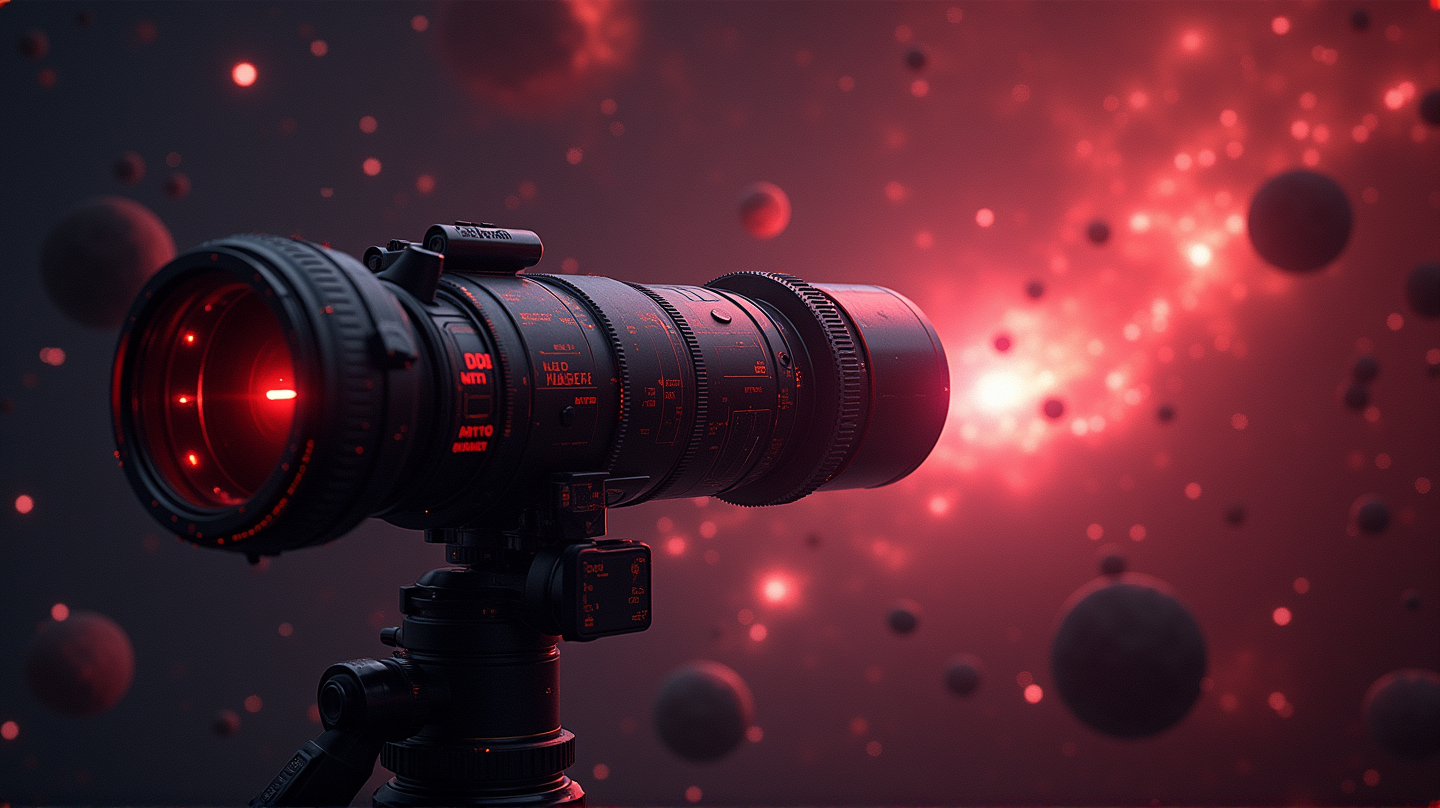Galaxies Silenced: Webb Telescope's Shocking Discovery

The James Webb Space Telescope has unveiled a cosmic conundrum that challenges our understanding of the universe. A galaxy, among the most distant ever discovered, has ceased star formation far earlier than our models predicted. This unexpected silence in the cosmos demands a reevaluation of how we perceive the life cycle of galaxies and the forces shaping them.
The Early Retirement of Galaxies
In cosmic terms, galaxies are expected to be active in star formation, especially in the universe’s early days. The James Webb Space Telescope, however, has detected a galaxy that put an early end to this vibrant life—a shocking revelation that unravels the complexities of cosmic evolution and galaxy growth.
According to Nanowerk, the Webb’s program, RUBIES, has unearthed operational puzzles that defy current models. Galaxies like RUBIES-UDS-QG-z7 stopped star production merely 700 million years post-Big Bang, leaving scientists to ponder: What causes early quenching?
A Record-Breaking Phenomenon
The record-holding galaxy, with a redshift of 7.29, left scientists in awe. Its surprising maturation displays a stellar mass exceeding 10 billion solar masses, developed at a cosmic infancy. This encounter demands an urgent reassessment of existing galaxy formation models.
Andrea Weibel, leading this research, highlights this discovery’s significance, suggesting that the occurrence of such “dead” galaxies was underestimated by current theoretical frameworks.
Clues to Cosmic Birthplaces
The diminutive size of these galaxies, coupled with their dense core, indicates potential evolution into colossal elliptical galaxies. This discovery not only pushes scientific boundaries but also provides a glimmer of understanding into the formation mechanisms of the universe’s most massive structures.
Rethinking Galactic Growth
The James Webb Space Telescope has opened a window into a universe previously considered fantastical. With the identification of MQGs and their unexpected abundance in the early cosmos, scientists are left in contemplation, shaping a new narrative for cosmic evolution.
As details emerge from this captivating exploration, we are reminded of the universe’s unpredictability, inspiring a deeper quest for knowledge. The cosmos, intricate and vast, continues to challenge our imagination and understanding, one discovery at a time.

